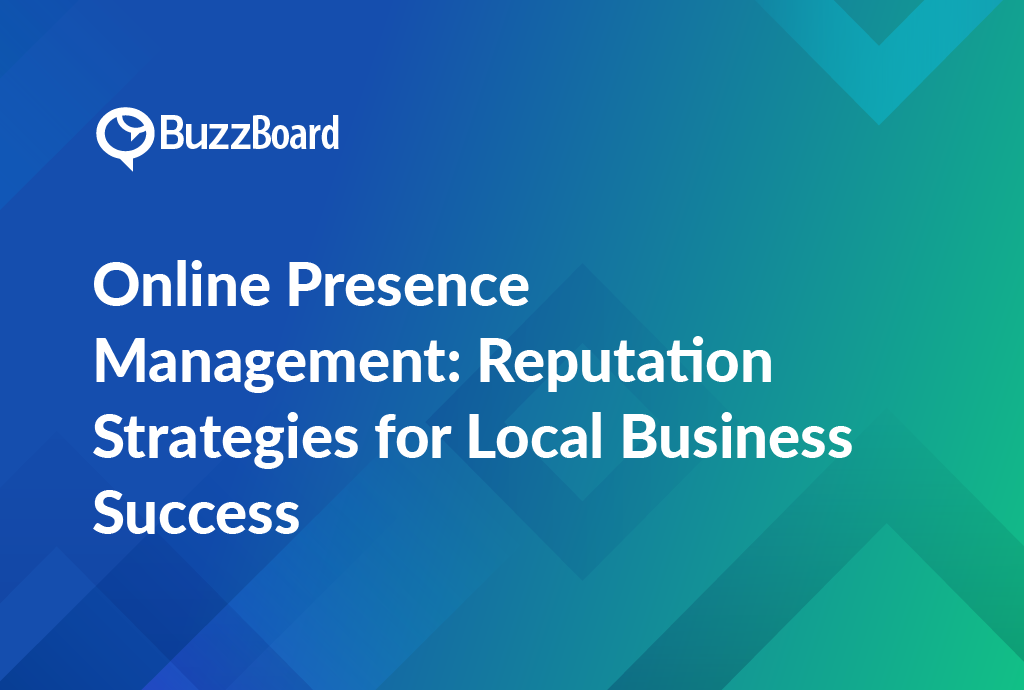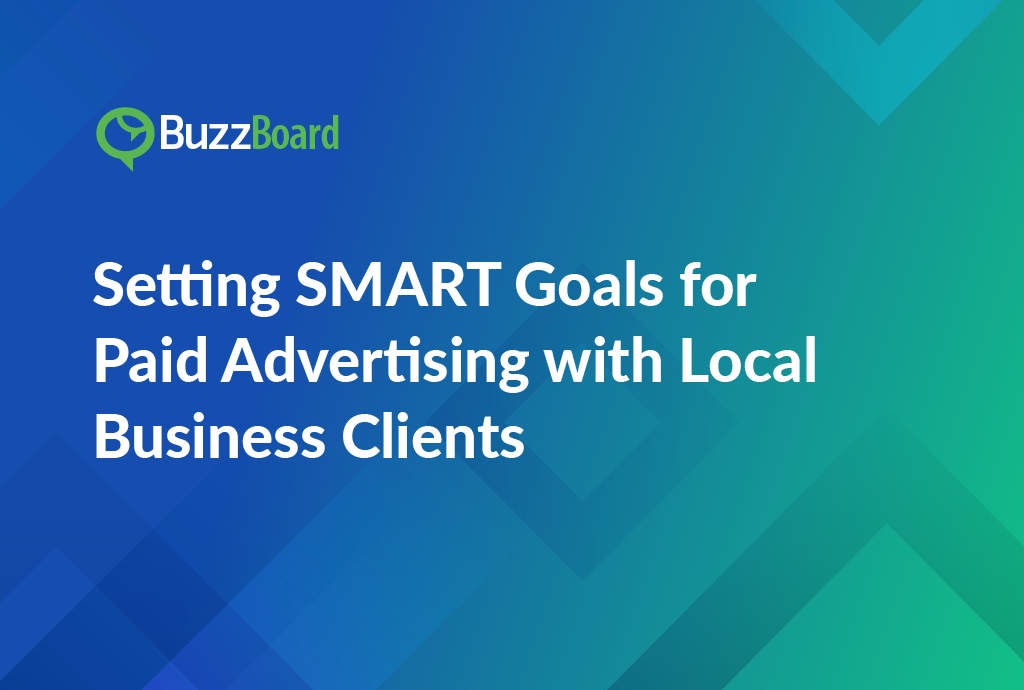Understanding the Importance of Setting Small Business Marketing Goals and Objectives
Understanding the importance of setting marketing goals and objectives for small businesses is a critical step toward success. These goals and objectives not only illustrate your desired outcomes but also act as a blueprint for your marketing strategies and tactics.
Primarily, increasing brand awareness is often a central goal for small businesses. Enhancing your brand’s visibility in the marketplace informs potential customers about your services, builds credibility, and nurtures customer loyalty.
Similarly, generating leads is another substantial objective. Quality leads are potential customers who have expressed interest in your product or service and are inclined to make a purchase. Applying effective lead-generation strategies can significantly bolster your business’s bottom line.
Moreover, growing website traffic should also be prioritized. A well-optimized website can enhance search visibility, amplify customer engagement, and aid in sales conversion optimization.
Additionally, optimizing sales conversion is another crucial goal. By closely monitoring and managing the customer journey, businesses can provoke consumer interest, translating to increased conversion rates and profitability.
Therefore, setting marketing goals and objectives for small businesses is essential for operational effectiveness and success.
Remember that it’s not sufficient to merely set objectives; regular evaluation, adjustment, and realignment of these goals are mandatory to ensure they continue serving your business needs effectively.
How Achieving Increased Brand Awareness Can Be a Vital Goal for Small Businesses
The digital marketing landscape is more competitive than ever, with small businesses striving to stand out and increase their visibility. A primary marketing objective for these businesses is enhancing brand awareness. This not only differentiates your business from competitors but also nurtures a long-term relationship with your audience.
Heightened brand awareness generates leads and boosts website traffic. As more people get to know your brand, more traffic heads toward your website and interest piques in your products or services, thereby creating potential leads.
Another advantage of expanded brand awareness is sales conversion optimization. As your audience becomes more familiar with your brand, their likelihood to make a purchase when needed increases, optimizing your sales conversion rate.
But fulfilling these marketing goals isn’t an instantaneous process. It requires strategizing and consistent messaging across all platforms where your audience resides. Leveraging digital marketing and employing professional tools designed to enhance brand awareness and lead generation is crucial for success.
It’s important to remember that the quest for brand awareness isn’t a sprint, but a marathon. Patience and persistence in working towards your goals will eventually yield results. However, know that brand awareness is an ongoing process that doesn’t culminate once your targets are achieved.
The Role of Lead Generation in Achieving Small Business Marketing Objectives
Lead generation holds a paramount role in accomplishing the marketing goals and objectives of small businesses. It forms the basis for bolstering brand awareness and propelling website traffic, both of which are key elements of a potent online marketing strategy.
Brand awareness is more than a trendy term; it represents the determining factor when consumers decide between your business and your competitors. Lead generation can amplify your brand’s visibility, especially when synergized with digital marketing strategies such as SEO or pay-per-click advertising. This subsequently fuels website traffic growth, a crucial metric for any digital marketing agency. Enhanced traffic generally means more leads, creating a ripple effect of benefits for your business.
However, simply having boosted brand awareness and website traffic doesn’t ensure success. These must dovetail with sales conversion optimization—the process of eliminating limitations and facilitating prospective customers’ journey toward taking the desired actions. Lead generation lays a constructive groundwork for this by supplying a continuous stream of potential customers ready to be guided toward conversion.
Despite the dominance of digital platforms in today’s era, personal relationships continue to be instrumental for small business success. Lead generation aids in building these relationships by bridging connections between businesses and their customers.
Remember, the strength of your lead generation efforts significantly impacts your marketing results. It is crucial, therefore, to persistently assess and fine-tune your strategy. After all, your business’ success pivots on your capability to attract, engage, and effectively convert your leads.
The Significance of Website Traffic Growth in the Marketing Strategy of Small Businesses
Increased website traffic can significantly boost brand awareness. The more visitors you have, the more exposure your brand gets, thereby enhancing visibility and recognition. This directly affects lead generation, another crucial small business marketing goal. Higher website traffic equates to a larger pool of potential leads, substantially increasing the possibility of sales conversions.
Sales conversion optimization is also reliant on website traffic growth. A consistent stream of traffic assures a steady influx of potential customers. Tools, such as web analytics can be used to monitor and understand consumer behavior, aiding in the creation of effective conversion strategies.
However, merely a high volume of traffic is not enough. The focus should rather be on drawing quality traffic—visitors who show genuine interest in your offerings and are more likely to convert into leads and customers. SEO, content marketing, and social media strategies should be employed to drive both the quantity and quality of traffic, thus optimizing conversions.
How Small Businesses Can Leverage Sales Conversion Optimization to Meet Their Marketing Goals
Small businesses face a unique challenge in achieving their marketing goals and objectives. With limited budgets and often tough competition, even a slight increase in sales can bring significant brand awareness and crucial business growth. This is where the potency of sales conversion optimization comes in.
Sales conversion optimization is a powerful strategy that concentrates on increasing the fraction of website visitors completing a desired action—be it signing up for a newsletter (lead generation) or making a purchase. With resources often strained in small businesses, sales conversion optimization can duly enhance website traffic growth and, more crucially, conversion rates.
Deployment of this strategy requires scrutinizing every part of your sales funnel—from the design of the landing page to the checkout process—to identify potential conversion obstructions. A/B testing proves to be an efficient tactic for boosting conversion rates, as it allows the comparison of two webpage versions and determines which one performs better.
By pinpointing ways to simplify the customer’s journey, small businesses can bolster conversions, increase ROI, and fulfill their marketing objectives more efficiently.
Thinking to optimize your sales conversions? Consider employing an A/B testing strategy to drive outcomes. It’s an excellent first step in your sales conversion optimization journey.
Remember, accomplishing business expansion through sales conversion optimization is not an overnight task, but the invested time can bring enormous returns, not merely in sales but also in brand recognition and market position. Keep going, use data to navigate your decisions, and don’t fear experimentation. Your bottom line will appreciate it.









